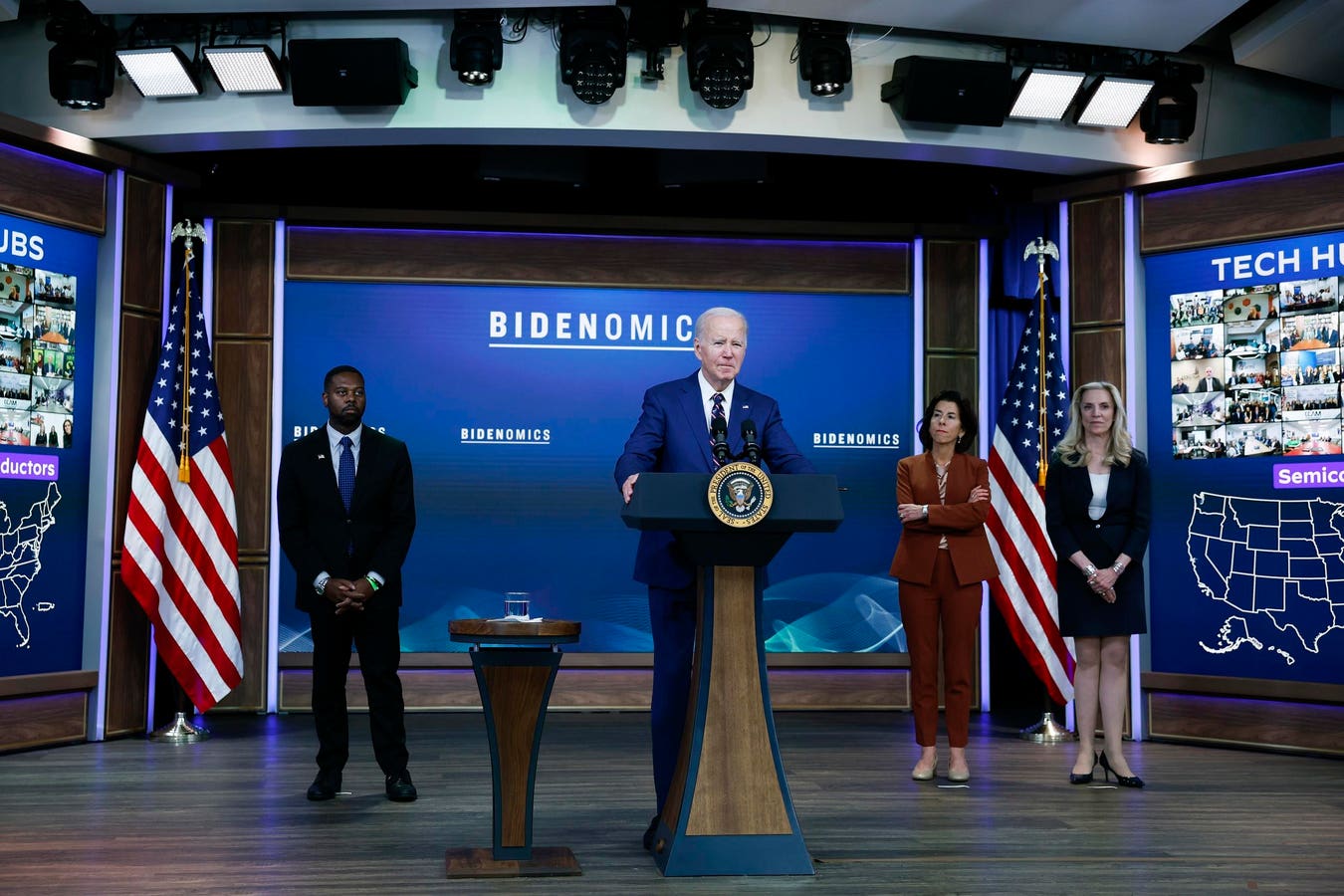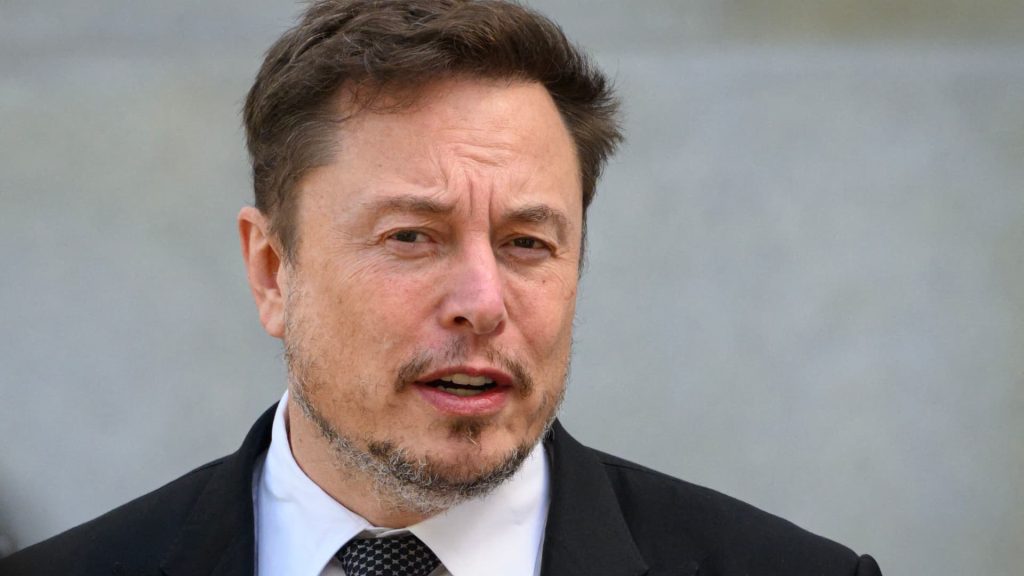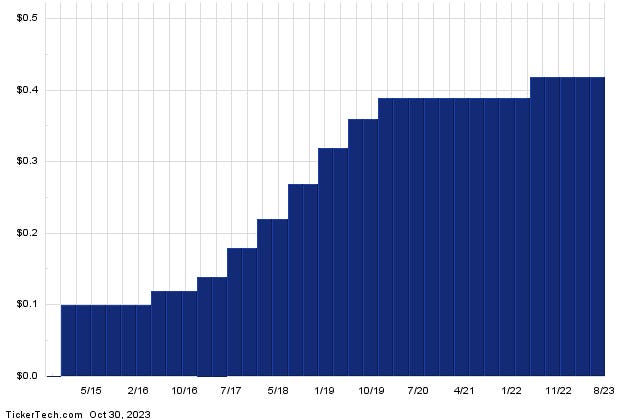The Biden administration last week announced the designation of 31 regional “tech hubs” across the United States, as part of a new program launched by the Commerce Department. The program aims to boost a region’s technological capabilities by collaborating with private industry, educational institutions, governments, tribes, and labor groups to produce research that drives innovation and supports economically challenged areas.
The tech hubs program is the latest example of U.S. industrial policy, or government intervention aimed at promoting strategic industries as a means to gain a competitive advantage in those sectors. Industrial policy is often associated with authoritarian countries like China, but more recently it has seen a resurgence in the U.S. as well.
The Commerce Department program is rightly being called “a grand experiment” in industrial policy. The hope is that, by taking risky gambles with taxpayer dollars, perhaps the administration will get lucky and one of its bets will hit the jackpot in terms of sustainable economic growth. However, such “experiments” are nothing new. For example, former President Obama had a program to boost “manufacturing hubs” and not much came of it. Nor is industrial policy just a Democratic Party endeavor, as Republicans senators like J.D. Vance have also embraced the strategy at times.
The new tech hubs program was authorized by the 2022 CHIPS
HIPS
Examples of tech hub designees include a “trustworthy and equitable autonomous systems tech hub” in Oklahoma, a sustainable plastics and rubbers tech hub in Ohio, and a semiconductor manufacturing tech hub in upstate, New York. Some of the regions designated under the program most likely benefited from their political ties, as highlighted by New York Senator Chuck Schumer’s recent tour of Buffalo, Rochester, and Syracuse, in honor of the Commerce Department’s announcement. Schumer was key to the passage of the CHIPS and Science Act, and he and Indiana Senator Todd Young devised the tech hub program specifically. All told, two of the hubs are in New York State and two are in Indiana.
While on the surface these ventures may sound worthwhile enough, the opportunity cost of the tech hubs program should not be forgotten. The federal deficit for fiscal year 2023 was $1.7 trillion, and as of this month the U.S. national debt totaled more than $33 trillion. The private sector investment displaced by this government spending is undoubtedly enormous, and the tech hubs program, while small relative to the U.S. debt overall, only adds to the burden.
While in theory the government could make wise investments in the economy, in practice it tends not to. Either it selects for overly-safe investments, like giving research grants to Nobel laureates who have no problem raising funds elsewhere, or it takes risky bets that, while unlikely to receive private sector financing, are also unlikely to pay off in terms of success. This explains debacles like Solyndra, the solar panel company that, despite receiving more than $500 million in federal loan guarantees, went bankrupt in 2011.
Striking the right balance between risk and reward is tricky, and without profit and loss signals to aid in the process, industrial policy ventures tend to go awry. The best option for taxpayers is to shut down the new tech hubs program, freeing up resources that would otherwise go to deserving entrepreneurs. With interest rates as high as they are, every bit of reduced government borrowing helps worthwhile ventures raise funds.
Another alternative would be to give taxpayers a share of any proceeds in the unlikely event the Biden administration’s gamble pays off. After all, taxpayers are on the hook when the hubs don’t pan out, why shouldn’t they partake in any upside benefits as well? Taking an ownership stake in investments provides incentives and information to policymakers about which projects are succeeding and which are failing, allowing government to course correct and learn from its experiences.
The Biden administration’s “grand experiment” with industrial policy is a significant development in the country’s national economic strategy. However, in betting on tech hubs the government is taking a risky gamble. The allure of founding a new Silicon Valley is enticing, but all that glitters is not gold—especially when taxpayer dollars are the chips on the table.
Read the full article here







